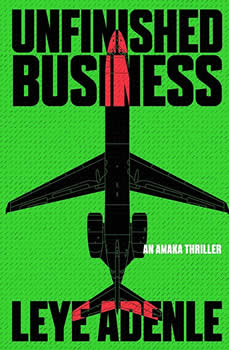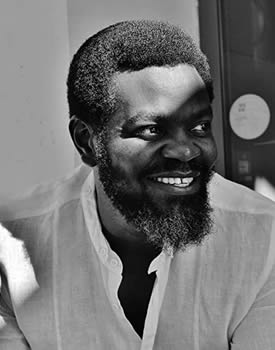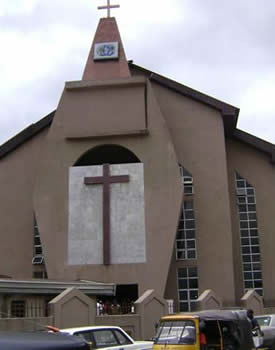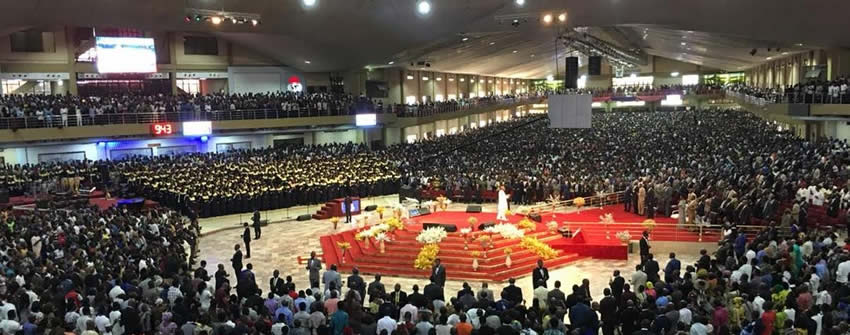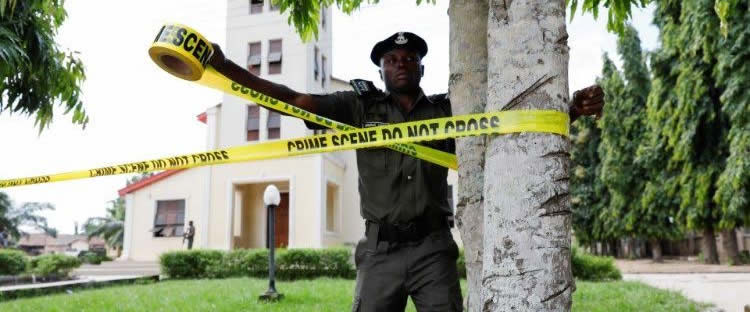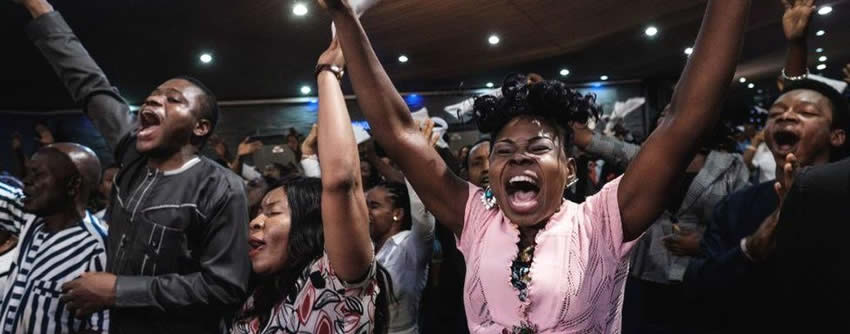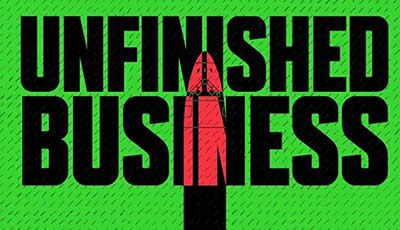

Latest Books Africa Scene: Leye Adenle
A Complex and Interesting Character
UNFINISHED BUSINESS is the third thriller in Leye Adenle’s critically acclaimed Nigerian series featuring Amaka, a woman who makes it her business to protect sex workers in Lagos. Easy Motion Tourist is the first of the series, followed by When Trouble Sleeps.
The new book is at least as good as its predecessors, and that’s starting from a high base. Leye Adenle’s work has been praised for its sharp prose, memorable characters, and unflinching portrayal of the darker side of human nature.
Amaka is with her boyfriend in London when she receives a call from Lagos from one of them. Funke is hiding under a couch in a high-class hotel room. She hid because she and her client, Pastor Frank of a very wealthy local church, were expecting his wife to break in. However, two men are with the wife. Funke hears them question and then execute both the Pastor and his wife.
Amaka catches the next plane to Lagos, but the murders are more complex than she imagines—$100 million in ill-gotten cash is missing, and everyone wants to lay their hands on it or on anyone who can point them in the right direction. That now includes Amaka and, of course, Funke…
In this exclusive interview for The Big Thrill, Adenle shares insight into the inspiration for his latest thriller featuring Amaka, a complex and interesting character with surprising resources.
How did you come up with Amaka, and briefly, what is her backstory?
I’ve come to realize that Amaka is my mum. I used to think she was simply a composite character made up of women I’ve known, admired, loved, women I’ve dated, women who’ve broken my heart, colleagues, sisters, friends…and she does take parts of her backstory from all of them, but that was before an audience member asked me the question: “Where is your mother in the book?” and it hit me—Amaka is my mum. They share the same devotion to women’s issues, they are both extremely intelligent, and they both get things done once they’ve chosen a battle. Amaka does it her way, my mum does it another way.
One hundred million is a lot of money. In Nigeria (in most of places!), it’s enough money to corrupt people from government ministers, through the army, the police, to the man on the street—in fact, everyone. Is that a fair summary?
One hundred million dollars would corrupt yours truly if it were offered with a clause. I can see myself debating the pros and cons of doing what it is they want me to do in exchange for a $100 million dollars of power.
Pastor Frank leads/runs/manages a large church that mints money from donations and other services that it supplies, particularly to the rich. It has its own plane. Its congregation includes the minister of justice and many other senior individuals in the Lagos leadership. There’s plenty of politics. It seems to go far beyond religious activities. Are such religious organizations normal in Nigeria?
Yes they are. We have an infestation of Pentecostal churches in Nigeria, and our politicians and other sundry criminals seem to trust that tithing ten percent of ill-gotten wealth somehow washes away the crime behind the money.
Although Police Inspector Jubril Musa jumps to conclusions and can be a bit of a bully, he’s basically honest and trying to solve the murder until he’s reigned in. Is the real issue corruption in the upper echelons, or is Musa just an exception?
Every human is a product and a victim of their circumstances. Africa has been raped, pillaged, traumatized, impoverished, and enduringly underdeveloped by the two crimes against humanity of chattel slavery and colonial rule. This is Musa’s heritage. His country is broken. The wealth of his nation has been forcefully removed to develop the West. For him, right and wrong are considerations that only emerge after the next meal for the family has been secured, the rent paid, school fees settled, debts renegotiated. For him, like many Africans, he is expected to be decent and civil by western standards while living in an economy that has been stunted beyond repair and is still being pilfered through the IMF, the World Bank, Multi Nationals, colonizers, meddling and outright destabilization by the same west. It’s a hard life for Africans. Musa’s choices are logical. He’s not bad, he just has a responsibility to himself and to his family to keep surviving.
The church’s two expat pilots, Dave and Pete, opportunistically imagine that they too can lay their hands on the money. They and their bosses have their own criminal agenda that really only uses the church as a front, albeit a willing one. However, they discover very quickly that they are out of their depth. It seems that even “standard” criminal activities are managed differently in Nigeria. Is that correct?
Everything is different in Nigeria. Election results are published for regions where elections did not hold. Snakes eat millions of Naira kept in government offices. Every single elected official who has been charged with corruption suddenly end up on a wheelchair at the commencement of their trial. It’s an amazing place, my beloved Nigeria.
To me, one of the attractions of African crime fiction is that the premises and procedures can be quite different from what we’re used to in Europe and North America. I can’t imagine UNFINISHED BUSINESS taking place there, but in Nigeria it’s all perfectly reasonable. Would you agree, or is that just a Eurocentric viewpoint?
I think the modalities of the heist, as it were, would have been different. That said, I do agree that there’s a certain flavor to criminal activity in Nigeria that is uniquely Nigerian.
Amaka returns in UNFINISHED BUSINESS after your speculative fiction novel The Beautiful Side of the Moon, so we know you like to explore different genres. What are you planning for your next novel?
I’ve recently completed a new manuscript, Hallelujah, the first novel in a new crime thriller series set in London, The Bad Coach Series, and now I’m torn between starting the fourth Amaka novel, or the sequel to The Beautiful Side of the Moon. Like all writers, one lifetime just doesn’t seem anywhere close to enough to write all the stories I want to write. I think I might just do both at the same time.
Sounds good to me!
- International Thrills: Fiona Snyckers - April 25, 2024
- International Thrills: Femi Kayode - March 29, 2024
- International Thrills: Shubnum Khan - February 22, 2024

